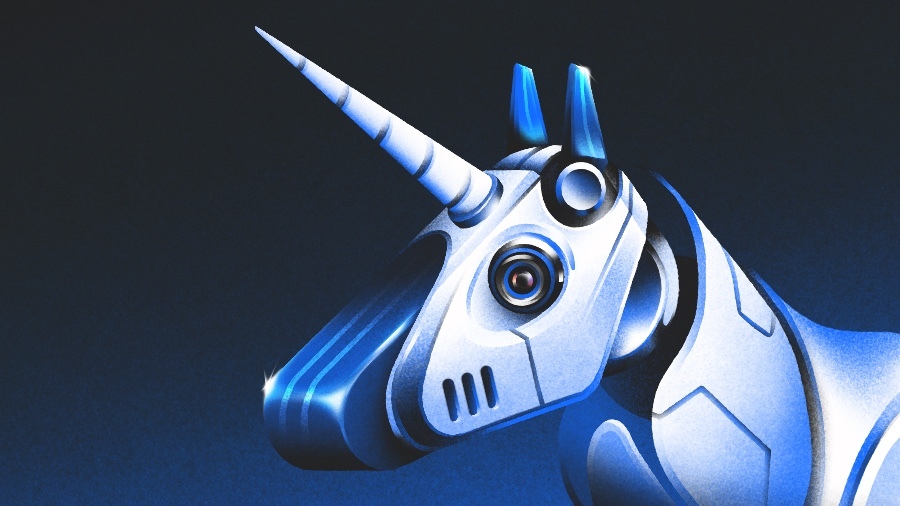Steel Startups Forge Ahead With More Funding
Steel — an industry on the cutting edge of innovation back in the 1850s — might not seem like an obvious target for venture investment today.
Funding data, however, paints a different picture. Over the past few years, startup investors have poured billions into companies focused on the steel sector, with an emphasis on green steel.
To illustrate, below we put together a list of 11 companies funded in the past few years. It’s a globally dispersed assortment, spanning from Stockholm to Boulder.
We’re doing this data dive now because steel is in the news.
President Donald Trump said Sunday that he plans to impose a 25% tariff on all imports of steel and aluminum. The news sent shares of American steel producers soaring higher, while nations that export to the U.S. are expected to see revenues decline.
The move, though apparently unrelated to happenings in the startup sphere, comes amid a period of heightened interest in the steel space from venture and growth investors. Last year and this year have been particularly busy, with both mega-sized equity and debt financing deals getting done.
Sweden’s Stegra in the lead
The biggest chunk of funding by far has gone to Stockholm-based Stegra (formerly H2 Green Steel), which produces steel through a process using green hydrogen and iron that it says slashes emissions by up to 95%.
Five-year-old Stegra secured $4.3 billion in project financing a year ago to go toward building what it says will be the world’s first large-scale green steel plant, in Northern Sweden. The company has also raised $2.2 billion in equity financing to date, along with a $258 million grant last year from the EU Innovation Fund.
Steel may be just the beginning for Stegra, which is organized around a mission to decarbonize hard-to-abate industries, with a focus on using green hydrogen in place of fossil fuels.
US startups also scaling up
U.S. startups are also scaling up green steel offerings.
Boulder-based Electra snapped up the most recent jumbo investment, securing $180 million toward a larger planned fundraise, per a January securities filing under the name Electrasteel.
Founded in 2020, Electra produces low-carbon clean iron using a variety of ores and intermittent renewable energy, and has raised nearly $300 million in known funding to date. The company said it focuses on decarbonizing ironmaking because it accounts for 90% of steel’s emissions.
Massachusetts-based Boston Metal, meanwhile, has picked up more than $350 million to date for its green steel ambitions. The 13-year-old company is commercializing an electricity-powered process called Molten Oxide Electrolysis (MOE) to decarbonize steelmaking.
We’re also seeing some activity at seed and early stage. This includes IsoTruss Industries, a Utah-based maker of materials used in cell towers and other structures that it says are stronger, lighter, and more durable than steel, and Allium Engineering, a Massachusetts company working on rebar technology that it says eliminates steel corrosion.
A big problem
Startups’ focus on greener alternatives to the steelmaking status quo is a recognition of how large an environmental footprint the industry currently makes.
Per Electra, every year, the world produces approximately 1.9 billion metric tons of steel predominantly by melting high-grade ores with coal and other minerals in furnaces operating at 1,600 degrees Celsius. The process, it estimates, is responsible for 10% of global carbon dioxide emissions.
We’re not weaning ourselves off steel anytime soon either, given the material’s ubiquity in everything from buildings to cars to appliances. That leaves cleaner processes one of the few potentially viable options on the table.
Related Crunchbase Pro list:
Related reading:
- Investors Still Pouring Cash Into Clean Concrete
- From Batteries To Building Materials, Green Manufacturing Startups Are Raising Billions
Illustration: Dom Guzman


